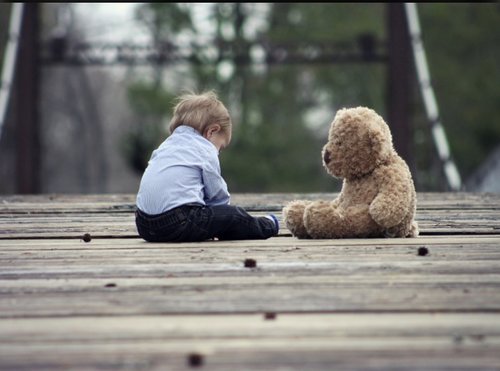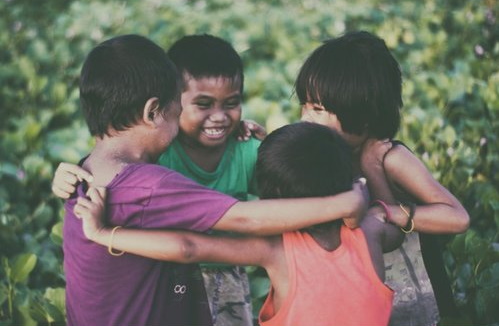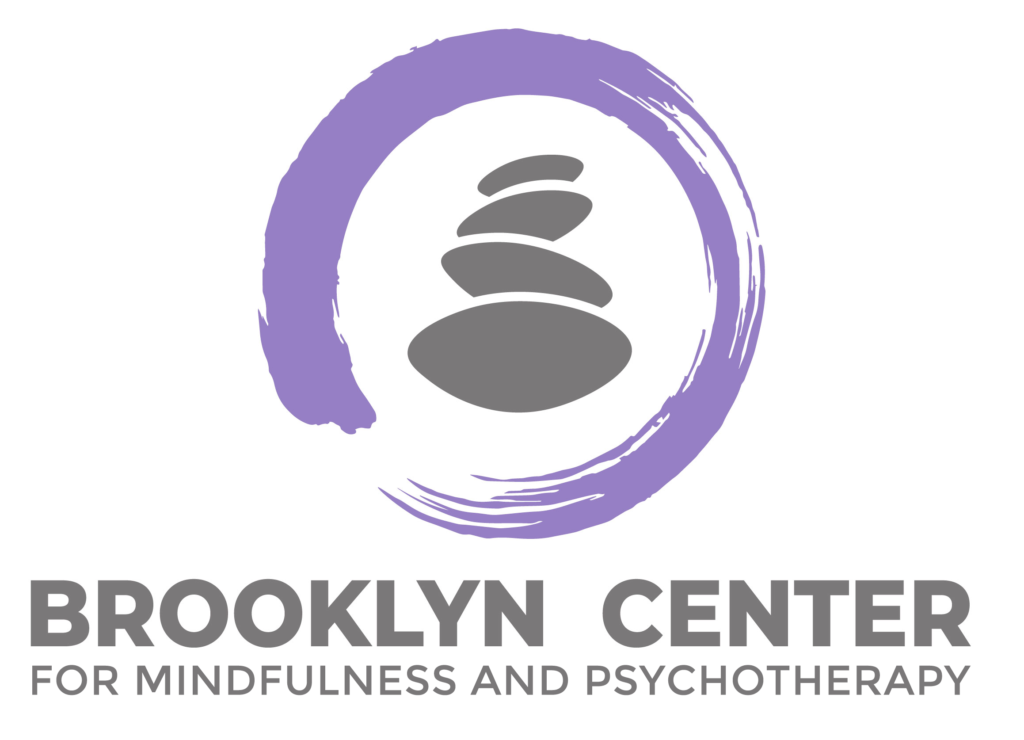Welcome to our blog! Today, we’re diving into an important topic that affects many children in New York: Anxiety. As parents, guardians, or educators, it’s crucial to recognize the signs and symptoms of Anxiety in children so that we can provide them with the support they need. In this article, we will explore the common signs of stress in children, discuss its impact on their daily lives, and highlight effective interventions to help them manage and overcome their Anxiety. Understanding fear better and implementing the right strategies can create a nurturing environment where children can thrive.
What is Anxiety, and How Does it Affect Children?
Anxiety is a common mental health condition that affects people of all ages, including children. It is characterized by excessive worry, fears about everyday situations, and physical symptoms such as sweating, trembling, and rapid heartbeat. In children, Anxiety can manifest in a variety of ways, including separation anxiety, Social Anxiety, and specific phobias.
Anxiety can significantly impact a child’s life, affecting their academic performance, social relationships, and overall well-being. Children with Anxiety may have difficulty concentrating in school, avoiding certain activities or situations that trigger their Anxiety, and experiencing physical symptoms that interfere with daily activities. Fortunately, effective treatments, including therapy and medication, are available for children with anxiety disorders. If you suspect your child may be struggling with Anxiety, it is essential to seek professional help to ensure they receive the support they need to thrive.

Common Signs and Symptoms of Anxiety in Children
Anxiety in children can manifest in various ways, and parents and caregivers in New York or anywhere else need to be aware of the signs and symptoms. Here are some common indicators of Anxiety in children:
Excessive worry: Children with Anxiety often worry excessively about a wide range of things, such as school, social situations, performance, or safety.
- Physical symptoms: Anxiety can cause physical symptoms, including headaches, stomachaches, nausea, dizziness, fatigue, or muscle tension. These symptoms may not have an underlying medical cause.
- Sleep disturbances: Children with Anxiety may have trouble falling asleep, experience frequent nightmares, or wake up during the night. They may also resist going to bed or exhibit bedtime-related concerns.
- Behavioral changes: Anxiety can lead to changes in a child’s behavior. They may become more irritable, easily agitated, or have frequent tantrums. They may also exhibit clinginess, avoidance of certain situations, or excessive seeking of reassurance.
- School-related issues: Anxiety can significantly impact a child’s performance in school. They may be overly perfectionistic, seek constant teacher approval, avoid class participation, or exhibit a decline in academic performance.
- Social difficulties: Children with Anxiety may struggle to interact with peers or participate in social activities. They may be excessively self-conscious, worry about being judged, or fear embarrassment or criticism.
- Overthinking and indecisiveness: Anxiety can cause children to overthink situations and make decisions difficult. They may constantly seek reassurance or ask for opinions from others before taking action.
- Changes in appetite: Some children may experience changes in need due to Anxiety. They may have a decreased appetite or exhibit emotional eating habits.
- Physical restlessness: Restlessness or fidgeting is another common symptom of Anxiety in children. They may have difficulty sitting still, exhibit nervous habits (e.g., nail-biting, hair-pulling), or engage in repetitive movements.
- Emotional sensitivity: Children with Anxiety may be more sensitive to criticism or perceived rejection. They may become easily upset, tearful, or have emotional outbursts in response to minor stressors.
What Causes Anxiety in Children?
Various factors, including genetic predisposition, environmental stressors, and neurological differences, can cause Anxiety in children. Children with a family history of Anxiety or other mental health disorders may be more likely to experience Anxiety. Environmental stressors such as significant life changes, trauma, or exposure to violence can also contribute to the development of Anxiety in children. Additionally, some children may have neurological differences that make them more stress-resistant.
In New York City, where the pace of life can be fast and overwhelming, children may experience Anxiety related to school pressure, social demands, and exposure to the city’s many stimuli. The highly competitive nature of New York schools can create significant stress for students, particularly those who feel pressure to excel academically. Social demands can also be difficult for children in New York City as they navigate diverse communities and encounter new cultural norms. Lastly, the sensory overload that comes with living in a bustling metropolis like New York City can be overwhelming for some children and contribute to feelings of Anxiety. Parents and caregivers in New York City must be aware of these factors and take steps to support their child’s mental health.
How to Identify Anxiety in Children?
Identifying Anxiety in children can be challenging as it often presents differently than in adults. Some common signs of stress in children include excessive worry, restlessness, irritability, trouble sleeping, and avoidance of certain situations or activities. Children may also experience physical symptoms such as headaches or stomach aches without any underlying medical condition.

If you suspect your child may be experiencing Anxiety, it is essential to seek professional help. In New York, many resources are available for parents and caregivers to support their children’s mental health. Local pediatricians and mental health professionals can guide in identifying and treating Anxiety in children.
In addition to seeking professional help, parents can also take steps at home to support their children’s mental health. Creating a routine and structure can help alleviate some of the uncertainty and stress contributing to Anxiety. Encouraging open communication with your child and creating a safe space for them to express their feelings can also be beneficial. Children with Anxiety can learn to manage their symptoms and thrive at home and school with proper support and treatment.
Types of Anxiety Disorders in Children
In New York, as in any other location, children can experience various anxiety disorders. The Diagnostic and Statistical Manual of Mental Disorders (DSM-5), a widely used classification system, outlines several anxiety disorders that can affect children. These include:
- Generalized Anxiety Disorder (GAD): Children with GAD experience excessive and uncontrollable worry about various aspects of their lives, such as school performance, relationships, and future events.
- Separation Anxiety Disorder (SAD): SAD is characterized by intense fear or anxiety when a child is separated from their primary caregiver or when they anticipate separation. This fear is beyond developmentally appropriate for the child’s age.
- Social Anxiety Disorder (Social Phobia): Children with social anxiety disorder fear social situations and are being negatively evaluated by others. They may avoid or feel distressed when interacting with peers or adults.
- Specific Phobias: These involve intense fear or Anxiety related to particular objects or situations, such as animals, heights, needles, or flying. Excessive fear often leads to avoidance of the feared object or situation.
- Panic Disorder: Children with panic disorder experience recurrent panic attacks characterized by sudden and intense periods of fear or discomfort. These attacks are accompanied by physical symptoms such as rapid heartbeat, shortness of breath, and a sense of impending doom.
- Selective Mutism: Selective mutism is a condition in which children consistently fail to speak in specific social situations, despite speaking comfortably in other settings. It is often associated with Anxiety and fear of social judgment.
It’s important to note that qualified mental health professionals should provide accurate diagnosis and treatment. Suppose you suspect that your child may be experiencing Anxiety or any other mental health condition. In that case, seeking professional help from a licensed therapist or psychiatrist in New York is recommended. They can thoroughly assess and develop an appropriate treatment plan tailored to your child’s needs.

How to Treat Anxiety in Children?
Anxiety is a common mental health issue among children, and addressing it as early as possible is essential. In New York, many resources are available for treating Anxiety in children. One practical approach is cognitive-behavioral therapy (CBT), which helps children learn coping skills and strategies to manage their Anxiety. CBT can be provided by licensed therapists or psychologists who specialize in working with children.
Another option for treating Anxiety in children is medication. In some cases, medication may be prescribed by a pediatrician or child psychiatrist to help manage anxiety symptoms. However, medication should always be used in conjunction with therapy and under the guidance of a medical professional. Parents must work closely with their child’s healthcare provider to determine the best treatment for their needs. Children with Anxiety can learn to manage their symptoms and thrive with the proper support and treatment.
Conclusion
In conclusion, recognizing and addressing Anxiety in children is crucial for their overall well-being and development. By understanding the signs and symptoms, we can identify when a child may be struggling with Anxiety and provide them with the necessary support. Brooklyn Mindful in New York offers effective interventions and resources to help children navigate their Anxiety mindfully and compassionately. If you suspect your child is experiencing Anxiety, don’t hesitate to reach out to Brooklyn Mindful, where the team of experts is dedicated to helping children thrive and overcome their anxiety challenges. We can create a brighter and more resilient future for our children.






